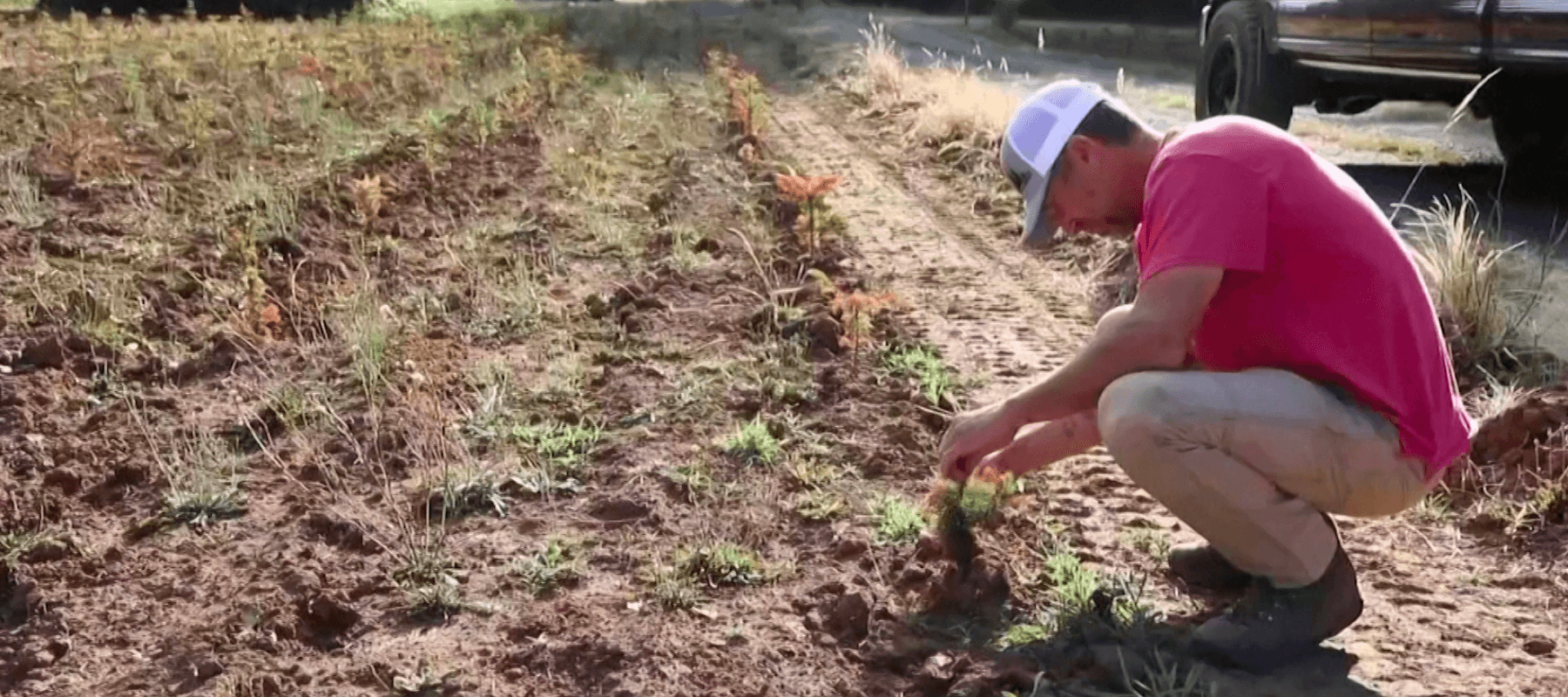Summer in Upper Northeast New Jersey
The thought of warm weather and temperature that comes with the summer season brings about an element of excitement among most folks. This is not the case among those who earn a living by working hard to help maintain the end-of-year festive holiday by growing Christmas trees. The state of New Jersey has been struck by a serious drought that has negatively impacted the farming and growth of fir trees, leaving the lands and those who have invested their time and resources in the activity looking miserable.
Imagine what would happen, making preparations a few months before the long-awaited big day and waking up to statements such as “No x-mas trees today, No x-mas trees today?”
Allen Patterson’s family has been in the farming business for generations. They have seen their style of farming evolve from simply dairy farming in the 1700s to x-mas tree farming in 1987. According to Patterson, the weather has been unfriendly, with the summer affecting the farming and production of the evergreen fir tree. He further explains that fir trees take approximately 8 to 10 years to grow fully and increase their height a foot every year.
Summer Effect on Christmas Trees Farming
The weather conditions experienced in Tenenbaum, the upper northeast region of New Jersey, have seen stunted growth among the trees. New breeds of Christmas trees have not been witnessed and losses made by the farmers thanks to the smaller ones already there.
Fir trees require a sufficient amount of water which can be provided by rain. This year’s weather saw little rainwater supplied for the growth of these special plants affecting their growth and even leading to the withering of others. While others died because of the harsh weather conditions, others changed color to brown and turned brittle. Those that have the potential to grow and look healthy die eventually because of lack of precipitation. Their needles fall off when the trees dry up, eventually losing their value.
Economic Impact
In this situation, most farmers, like Patterson’s family, are forced into greenhouse farming, where they focus their attention on flowers and vegetable growth for sustainable income. Fir trees growing at Lincroft and Monmouth County farms are experiencing discoloring problems where their color appears light green and not deep green as expected. The Phoenix-like hot and dry weather has denied the trees a sufficient supply of rainwater for days leading to their current poor status.
According to Kohl, it’s highly likely that the Christmas trees will be more expensive this year than the previous ones. Like the other farmers, he is optimistic that the rains will come and the
trees will recover. Christmas trees summer meeting will be held in the coming week, where Kohl will speak on the same and find out how other farmers are coping with the current situation.
Conclusion
The ripple effect will be felt in years to come, not only by the farmers who make a living selling the special trees but by the purchasers who will have to spend much more to take one home to celebrate Christ’s birthday in a more memorial way.




